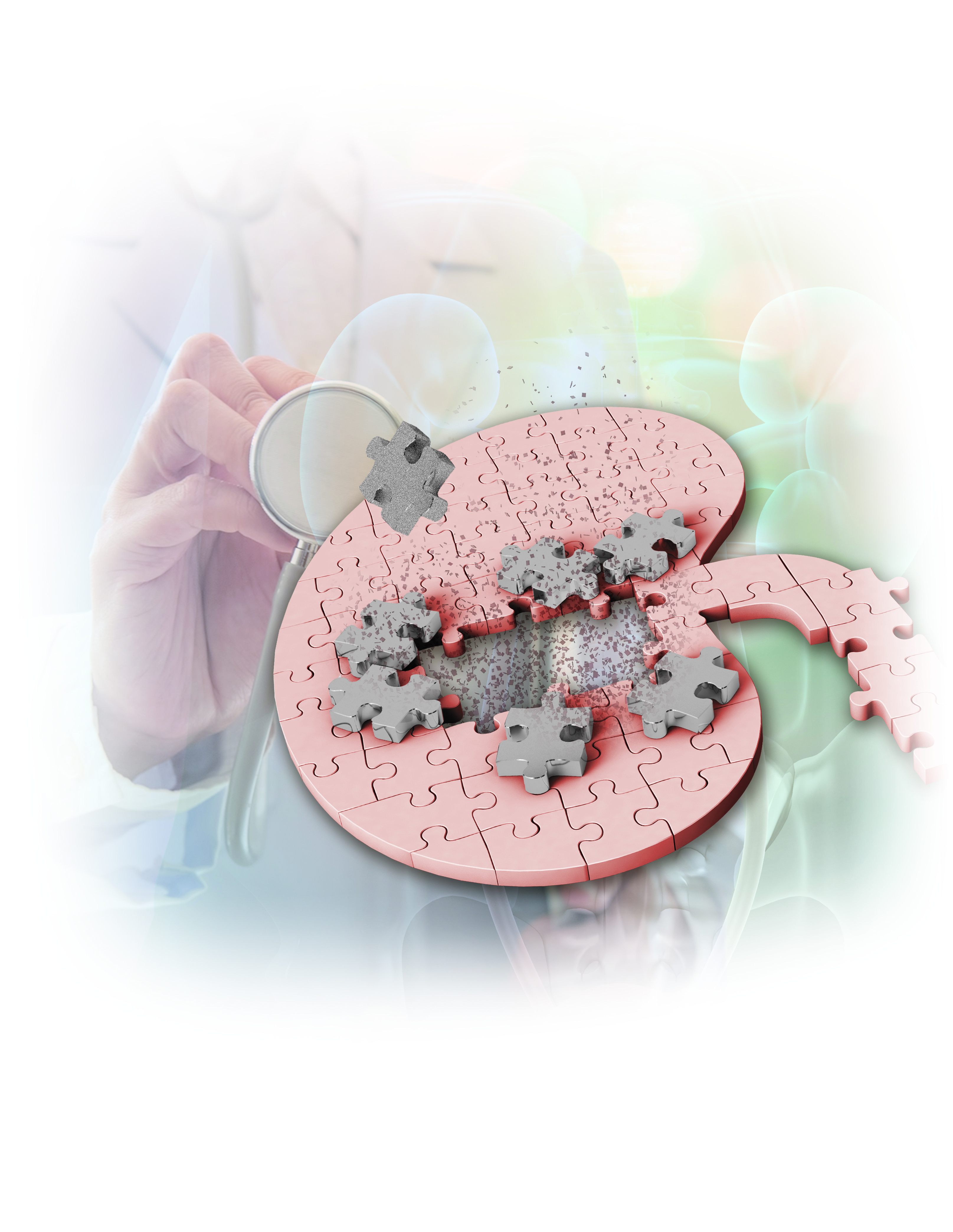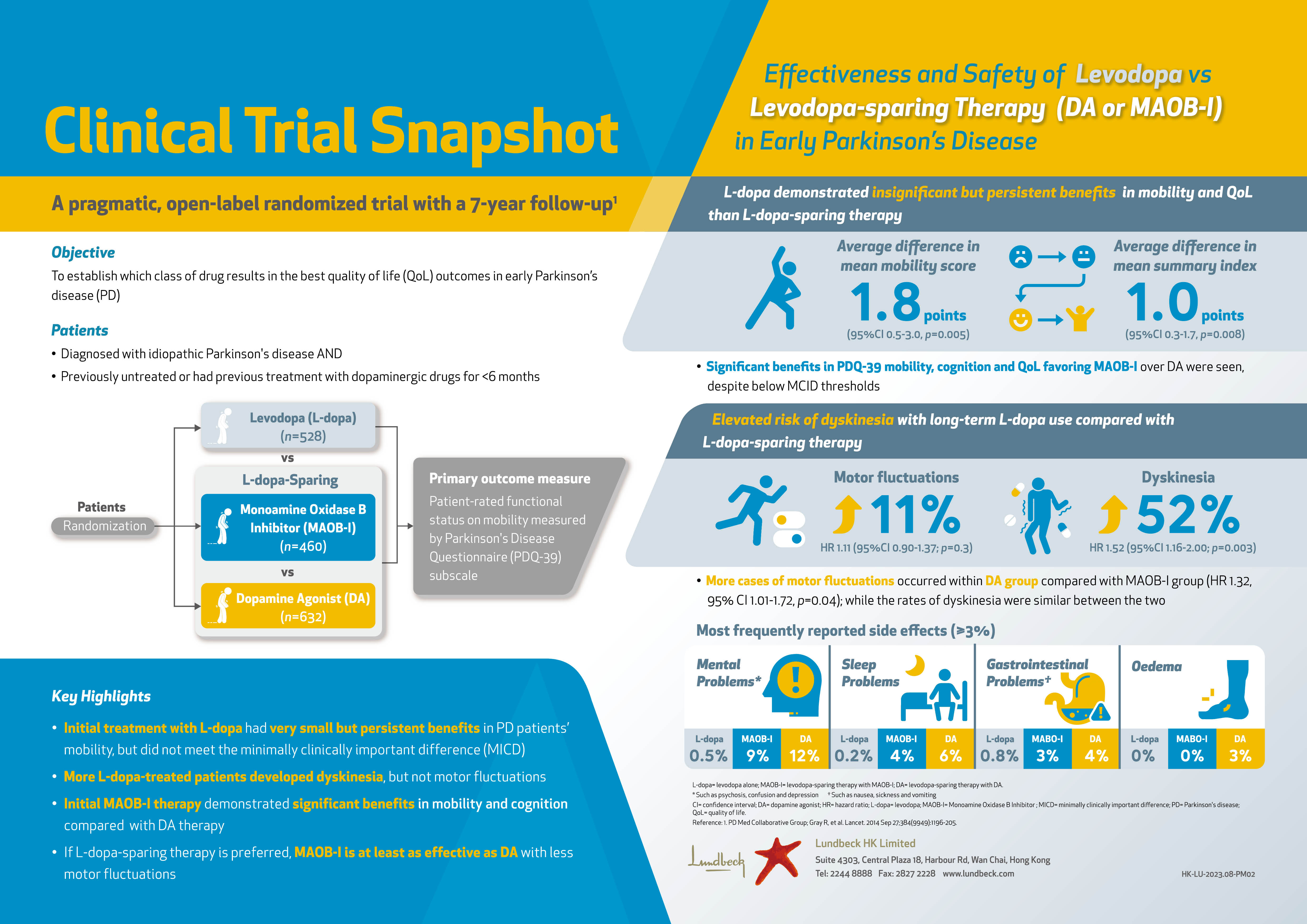Breastfeeding self-efficacy refers to a woman’s confidence in breastfeeding ability with an infant, whereas the level of breastfeeding self-efficacy has been reported to be determined by various factors including support and guidance, experience and stress, postpartum experiences, and social environment. Currently, face-to-face conversations, phone calls, and web-based applications have been employed to deliver knowledge and skills on breastfeeding to mothers. WhatsApp is a cross-platform application that works on most smartphones nowadays. In view of its widespread use, WhatsApp is potentially an effective platform of health education for general public. In a recent cluster randomised controlled field trial, the effectiveness of an intervention, which consisted face-to-face communication and WhatsApp, in improving breastfeeding self-efficacy was investigated. In the intent-to-treat analysis, the intervention group showed significant increases in the mean total breastfeeding self-efficacy score and the mean total score for breastfeeding knowledge 8 weeks after delivery compared with the control group. Nonetheless, no significant difference was found in breastfeeding attitude after the intervention. The results suggested that the WhatsApp-based intervention would be an effective strategy to promote breastfeeding, and can potentially be applied in other areas of health education.
Reference:
Pilus et al. JMIR mHealth uHealth. 2022;10(9). doi:10.2196/31996





